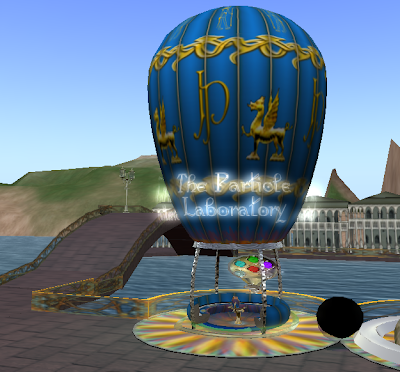
This week I submitted my plans for three Science learning resources that I will be writing this year. The expectation is that the drafts will have an online component.
I say drafts, for when the resources are built and accessible to the learner, the intention is to amend and refine them, as part of an ongoing process, dependent on analysed feedback from the learner.
Each resource set will provide teaching and learning material for a learner to achieve an associated NCEA Level 1 Science standard.
There will be no formal question-and-answer written tests for these.
All of them include reporting of a sort – a way that learners can show their communication skills – as well as demonstrating their knowledge and understanding of the various aspects of Level 1 Science.
Learning and assessment
I was heartened by Britt Watwood’s response to my last post on elearning and pedagogy.
He kindly included a link to the Virginia Commonwealth University Online Teaching and Learning Resources Guide, which I read. It was a joy to see the inclusion of the terms formative assessment and summative assessment, with appropriate links given so that their use is unequivocal.
Summative assessment will take the form of teacher assessment, driven according to assessment schemes written against the NCEA Level 1 Science standards. But the formative assessment that has to occur before that will consist of an assortment of methods including:
- self-marked booklet study
- computer assessed interactive activities
- teacher feedback
- creating and maintaining learner engagement.
For those who are unfamiliar with the term, formative assessment is a means used by a learner to reflect on what’s been learnt and understood. A course of action may be followed to do further learning if required.
Formative assessment can involve a teacher who provides feedback to the learner. It takes the form of automatic computer feedback in interactive elearning resources. Or it can be a checklist of answers or explained processes to supplementary examples given in a printed resource book.
A rudimentary example of formative assessment is a list of answers to clues in a crossword puzzle.
Down to Earth
One of the standards involves investigating an astronomical or Earth science event. When writing my draft resource for this standard, I will be pulling on all appropriate techniques in elearning that are available to me and my cohort of learners:
- keeping a balanced approach to what is e-offered to the student
- elearning pedagogy (Oops! Did I really use that description?)
- use of existing resources appropriate to the teaching, such as the learning resource on drawing scientific graphs – this resource provides computer created formative feedback
- use of existing internet resources such as the wealth of specific webcam portals – these resources can be incorporated as a series of possible internet links
- use of possible internet resources filtered through the use of specific, teacher created criterion focused internet searches.
I will keep in mind the usefulness of games-based learning and will try to remember all that’s considered to be elearning myth.







No comments:
Post a Comment